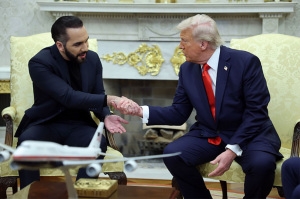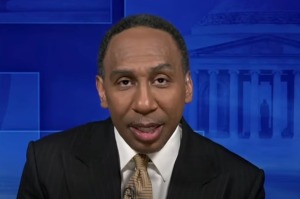Time Travel May Still be Possible: Scientists to Research With Large Hadron Collider
On Tuesday, Chinese physicists released a study they say debunks the possibility of time travel.
The study, conducted by Professor Shengwang Du and his team at from the Hong Kong University of Science and Technology claims to have definitively measured the maximum speed of singular photons, noting that they do not move faster than the speed of light in vacuum.
From this they concluded that time travel is not possible due to the general theory that speeds faster than the speed of light are required to move through time.
However, other theories yet to be proven may still leave a window open to the possibility of time travel.
Researchers Chiu Man Ho and Thomas Weiler have proposed the idea of using the Large Hadron Collider in Switzerland in order to move gauge singlet particles such as gravitons, sterile neutrinos and Higgs singlets through time in their paper “Causality-Violating Higgs Singlets at the LHC,” and plan on performing the experiment to determine whether or not time travel is possibly for micro objects, according to the International Business Times.
In the long history of the speculation of time travel, many paradoxes have been developed that make the possibility of time travel for large beings such as humans virtually impossible.
The grandfather paradox is one of the most popular, posing that a man travels through time and marries a woman who turns out to be his own mother, who then gives birth making him his own father, grandfather and so on.
The research done by Professor Du and his team explain that the premise of traveling time by exceeding the speed of light is impossible because not even light itself can exceed the speed of light.
But theories still exist that claim to keep the possibility alive.
Physicist, cosmologist and time travel enthusiast Stephen Hawking proposes several theories for the possibility of time travel. Hawking says that surpassing the speed of light is not necessary to time travel and that it can be achieved by moving near the speed of light.
He poses an anecdote of a train designed to circle the Earth leaving its station on January 1, 2050 and goes round and round the Earth for 100 years at just short of the speed of light. When it finally docks on January 1, 2150, the passengers inside would have experienced only one week of time in 100 years due to the slowing down of time within the train to protect the train from exceeding the speed of light outside.
Hawking's theory is equivalent to that of the research being done by Ho and Weiler. While still highly unlikely the team plans on carrying out their experiment before ruling it out completely.
“Our theory is a long shot, but it doesn’t violate any laws of physics or experimental constraints.” Weiler has said, according to the International Business Times.





























